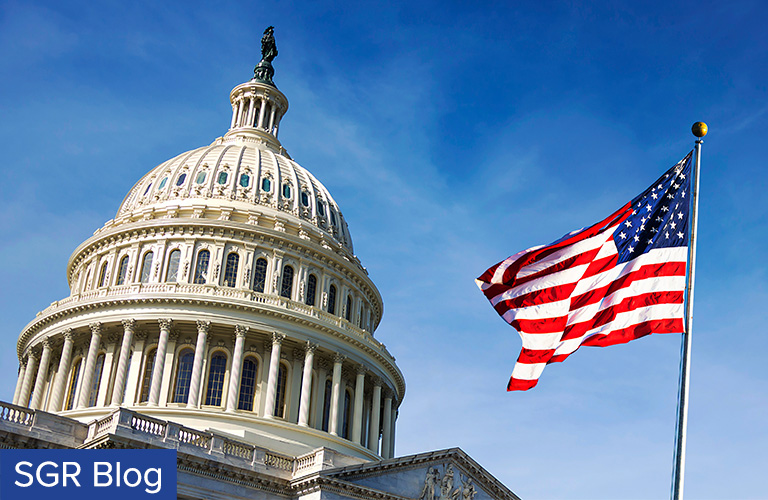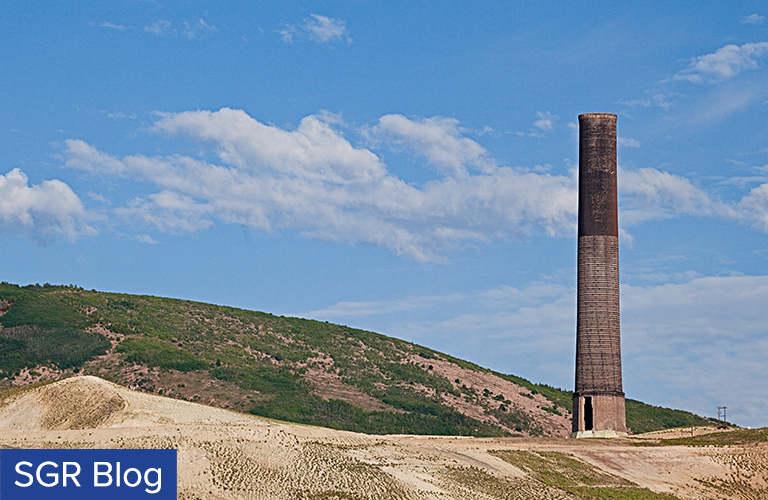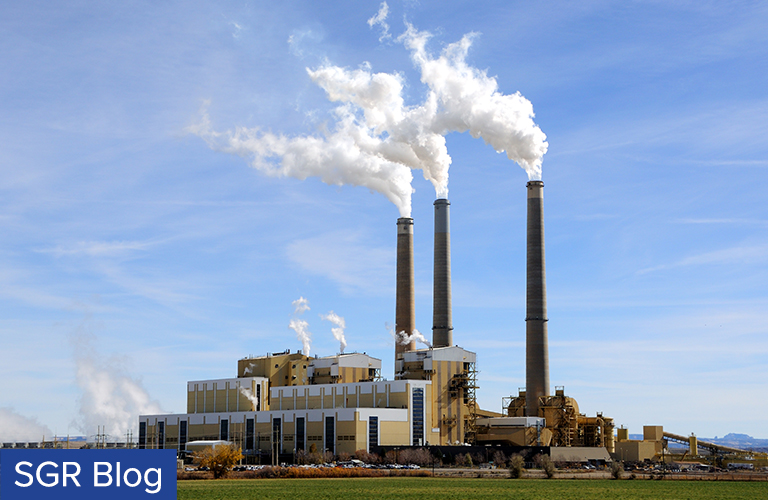
The EPA is dramatically reducing the amount of U.S. waterways that receive federal protection under the Clean Water Act (“Act”). The biggest change is a controversial move to rollback federal limits on pollution in wetlands and smaller waterways that were introduced less than five years ago by the Obama administration. Under the revised rule, bodies of water which form only after rainfall or only flow part of the year, are not subject to federal control. This exception also applies to waste treatment systems, groundwater, prior converted cropland and farm watering ponds. In announcing the new rule, EPA administration Andrew Wheeler… Read more










